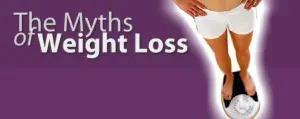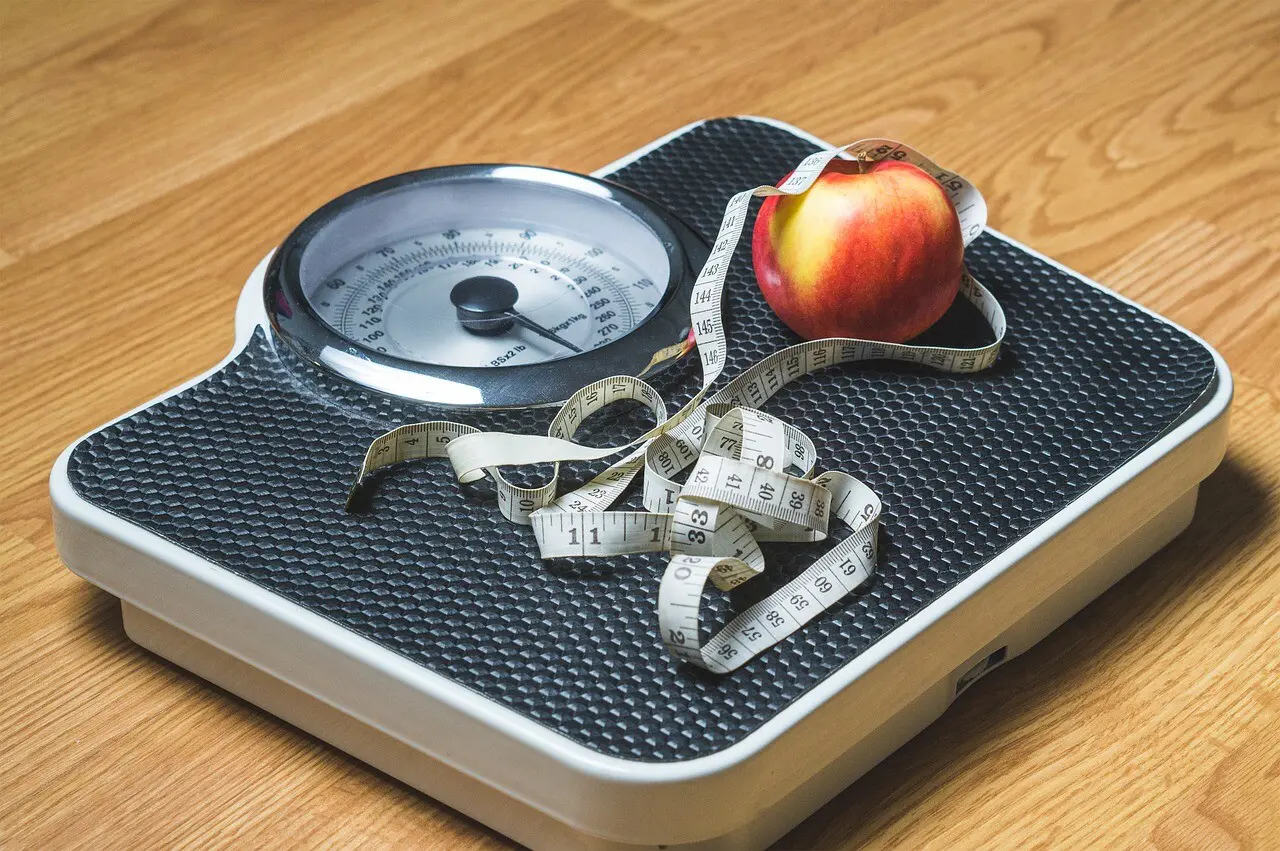Myth 1: Diet sodas and artificial sweeteners will help you lose weight
While enjoying all the sodas and pastries you desire. Well, just look at what obese people stock up on – diet sodas. Recent studies reveal artificial sweeteners contribute to obesity.
Diet soda consumers remain overweight while destroying their brain cells and creating other health hazards.
Myth 2: Eat low or no fat foods.
The bogus cholesterol scare created by junk science in the 1950s spawned the birth of a no and low fat food industry. Those foods are also usually sweetened with artificial sweeteners as well, creating a double health hazard whammy. Avoid margarine and hydrogenated oils.
Our bodies need good fats to help build cell walls, brain cells, and mylan sheaths that protect nerves. Producing vitamin D3 from sunlight relies on fats in our skin to start the conversion process. Almost all the dietary information out there has established itself on this bogus myth.
Good fats include cold pressed virgin olive oil, coconut oil, fish oils, hemp seed and flax seed oils, or any other cold pressed vegetable oil except canola. Soy oils are usually from GMO soy. Even those demonized saturated fats in organic butter, eggs, and meats from organic grass-fed animals are healthy in moderation.
Myth 3: Short special diets with drastically lowered caloric intakes are paths taken by many who are obese.
They do deliver on losing weight for a short period. But they result in a lowered metabolism rate.
So when someone returns to his or her regular diet, even partially, the lower metabolism rate results in less food metabolized while more is stored as fat. This creates the up and down weight loss/gain roller coaster issues that trap fad dieters
Myth 4: Corn syrup is better than sugar for losing weight.
The opposite is true. You’re better off with sugar. The label corn sugar is a disguise for high fructose corn sugar (HFCS), which many independent health experts consider a major factor in the obesity epidemic that also contributes to fatty liver.
Myth 5: Spot training burns fat in body areas on which the exercise focuses.
For example, situps can tone and strenghen abdomenal area muscles (abs), but they won’t burn fat.
However, weight training that creates overall muscle mass can help burn fat. Just realize that more muscle means you might weigh the same or more as you lose fat. Muscle mass weighs more than fat.
Relying on excessive exercise in general may not burn fat. A healthy lifestyle includes a balance of both the right foods and exercise.
Myth 6: Eating less and counting calories is the way to lose weight permanently.
It’s wise to know when you’ve had enough to eat, but counting calories can be counter productive.
Before deciding on a specific dietary approach, you should determine your body type. The right foods for your body type will help burn fat naturally.



[…] health if you are extreme enough to do anything to drop your excess weight. For some people, these weight loss myths can be the way of making […]